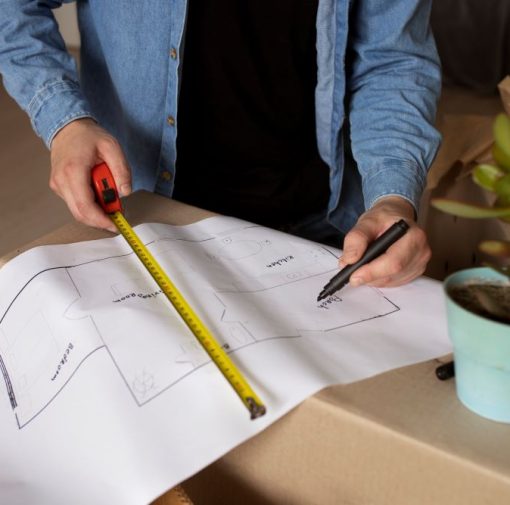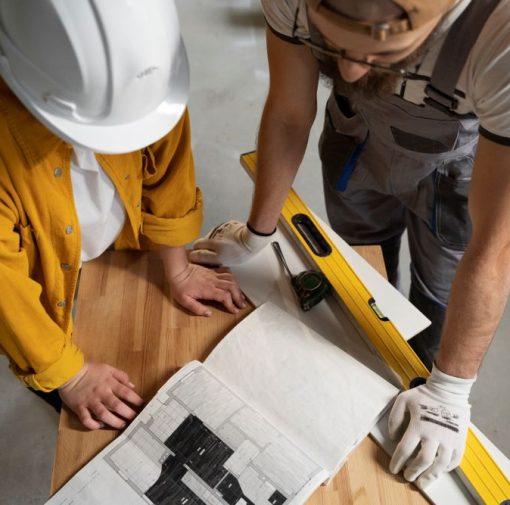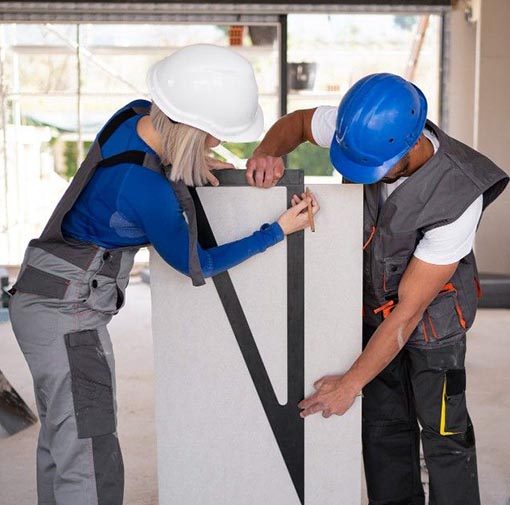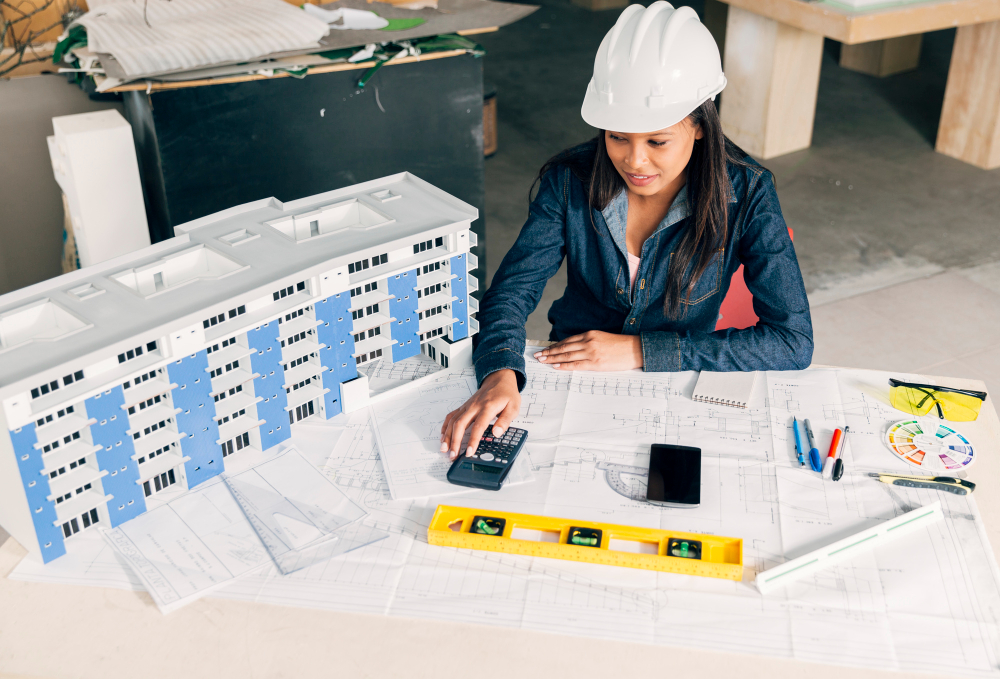
Estimating Drywall Cost: Expert Insights for Affordable Projects
When planning a renovation, remodel, or new construction project, one of the most common questions people ask is about estimating drywall cost. Because it creates smooth walls and ceilings that are ready for paint, texture, or wallpaper, drywall is crucial to modern building. Knowing the elements that affect drywall pricing can help you make more accurate budgets and prevent surprises, whether you’re a contractor overseeing a major construction project or a homeowner doing a minor renovation.
We’ll go over the main financial factors, typical drywall installation costs, and money-saving strategies without sacrificing quality in this guide.
What Influences the Cost of Drywall Installation?



Several elements are taken into consideration when estimating drywall cost:
- Project Size: Because labor is more efficient and supplies are purchased in bulk, larger spaces typically have cheaper costs per square foot.
- Type & Thickness of Drywall: The most popular type of drywall is ½-inch, but soundproof, fire-rated, and moisture-resistant boards are more expensive.
- Labor Costs: Depending on the area, the complexity of the project, and the finishing requirements, skilled installers charge varying prices.
- Levels of Drywall Finishing: Prices differ based on whether you want a high-end smooth finish for your living room or a basic finish for your garage.
- Extra Work: Insulation, alterations to the framing, or the removal of outdated walls may raise the overall cost.
The first step in creating a precise estimate is comprehending these variables.
Average Drywall Cost Per Square Foot

The typical cost to install drywall is between $1.50 and $3.50 per square foot. Usually, this covers supplies, work, and finishing.
- Materials: joint compound, fasteners, and drywall sheets; $0.40 to $0.70 per square foot.
- Labor costs range from $1 to $2.50 per square foot, depending on location and intricacy.
- Finishing & Taping: Sanding, mudding, and smoothing cost an extra $0.50 to $1.00 per square foot.
Depending on the materials and finish level, the overall cost for a 12 by 12 foot room (about 500 square feet of drywall) could range from $750 to $1,750.
Residential vs. Commercial Drywall Costs
Estimating drywall cost is estimated slightly differently for commercial and residential applications.
- Residential projects typically entail smaller spaces, but they could need for specialized designs, better finishes, or moisture-resistant flooring in bathrooms and kitchens.
- Commercial projects are usually larger in scope and offer bulk material discounts, but they may also necessitate for specific partitions, soundproofing, or fire-rated drywall, all of which raise prices.
Stricter building norms and safety requirements are also taken into account by contractors working on commercial buildings, which may result in higher labor costs.
What’s Included in Drywall Installation Costs?
It’s crucial to understand what the estimate typically includes when figuring out drywall pricing:
- Sheets of drywall, either regular or specialty
- Adjustments to the framing if necessary
- Work for Hanging Drywall (measurement, installation, and cutting)
- Mudding and Joint Taping
- Sanding for a Smooth Surface
- Cleaning and Trash Elimination
Priming and painting are typically paid separately and are not included in drywall installation rates.
Common Cost Factors to Consider
Beyond the fundamentals, the following extra information may influence your drywall estimate:
- Ceiling Height: More work and scaffolding are needed for higher ceilings.
- Complex Layouts: Custom designs, curved walls, and window/door cutouts add time and expense.
- Location: States and regions have very different labor prices.
- Moisture-Resistant Drywall: Used in bathrooms, kitchens, and basements; costs more than standard boards.
- Fire-Resistant Drywall: Required by code in garages and some commercial buildings.
You may prevent underestimating your budget by taking these factors into account early on.

Tips for Reducing Drywall Installation Costs
There are a few ways to cut costs While estimating drywall cost
- Obtain Several Estimates: To get the greatest deal, evaluate at least three contractors.
- Plan Wisely: By combining tasks at once, worker mobilization expenses can be reduced.
- Select the Correct Finish: Avoid paying too much for a Level 5 finish in places where it isn’t needed, such as basements or garages.
- Purchase Materials in Bulk: Discounts are frequently available for larger orders.
- Employ Skilled Installers: Although a professional may be more expensive up front, they will save money over time by minimizing mistakes and rework.
We are Certified Estimation company in USA










Why Accurate Estimation Matters
Underestimating drywall costs can derail an entire renovation budget. That’s why many homeowners and contractors rely on construction estimating services for precise calculations. These services account for regional labor rates, material prices, and project-specific needs, ensuring no detail is overlooked.
Getting a precise estimate will help you stay on budget and on schedule, whether you’re managing a multi-unit development or remodeling a single room.
FAQs on Estimating Drywall Cost
1. What factors affect drywall cost the most?
The biggest factors include the size of the project, drywall thickness, labor rates in your area, and whether specialty finishes like fire-resistant or soundproof drywall are required.
2. Is it cheaper to install drywall yourself?
DIY installation may save money on labor, but it requires skill, tools, and time. Mistakes can lead to extra expenses, so hiring professionals often ensures a smoother, more cost-effective finish.
3. What’s the difference between material and labor costs in drywall projects?
Material costs usually cover drywall sheets, screws, joint tape, and finishing compound. Labor costs account for cutting, hanging, mudding, sanding, and finishing. Labor often makes up 50–60% of the total cost.
4. How can I reduce drywall installation costs?
You can save money by purchasing materials in bulk, minimizing custom cuts, and hiring reputable contractors who provide transparent drywall cost estimates.
5.How long does drywall installation take?
For a standard room, drywall installation typically takes 1–3 days, depending on project size, finishing complexity, and drying time for joint compound.
Final Thoughts
Although drywall might appear to be a simple component of construction, the price can vary significantly based on labor, materials, and project specifications. You can make a more precise budget by carefully taking into account every element, including labor, drywall type, finish level, and square footage.
If you’re planning a project, remember that estimating drywall cost isn’t just about numbers. Achieving a long-lasting, polished finish for your house or place of business requires striking a balance between quality, effectiveness, and cost.
